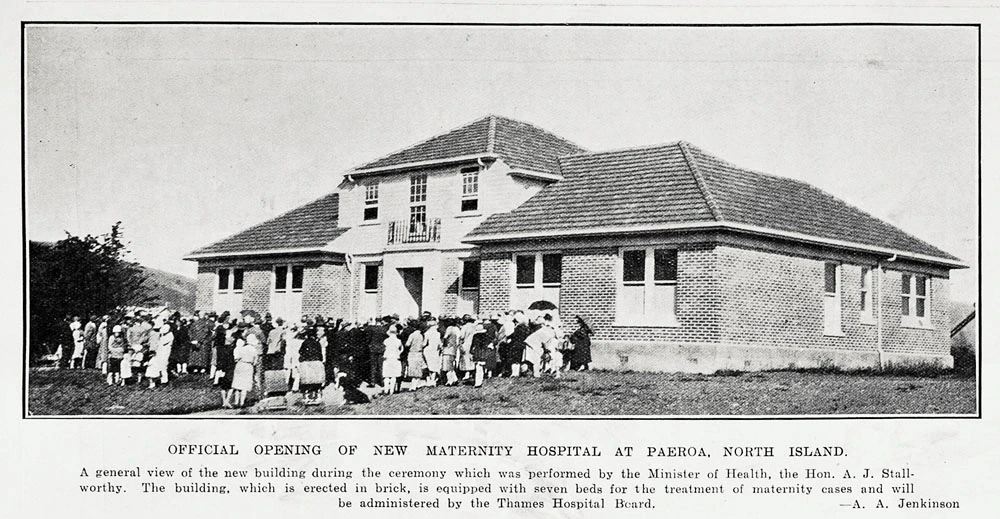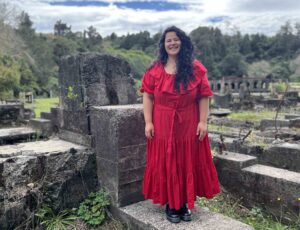As part of a Valley Profile series, MEGHAN HAWKES searches through old newspapers to bring you the stories Thames Valley locals once read about themselves.
The 1000th baby to enter the world at the Paeroa Maternity Hospital since Matron W Moore and Sister D Moore had been in charge was born in December.
The baby boy’s mother was a resident of Paeroa and to honour the occasion she was presented with a suitably inscribed card by members of the hospital staff. The Moore sisters had been at the Paeroa Maternity Hospital for seven and a half years.
Thames’s popular constable J G ‘Gerry’ Williamson was farewelled at a function in the Thames Courthouse. Constable Williamson had been a member of the Thames police force for 12 years, and during that time he had made many friends and very few enemies.
The town could ill-afford to lose one of his type. Mrs Williamson had always been a good sport. A policeman’s wife did not always have an easy life, but she had been a friend to all the police staff and on occasions when it was most needed there was always a cup of tea ready.
Constable Williamson was presented with a fire screen and wood box and Mrs Williamson a dressing table set. The police force gave them a sum of money.
Constable Williamson thanked everyone for their good wishes, and stated that he had always been very happy at the police station. He and his wife would be very sorry to leave Thames, as they had come to regard it as their home town. During his service there had been six sergeants at the station, and the work of the police had always run smoothly because of the co-operation of the members of the force who had been stationed there.
Newly introduced African kikuyu grass was found growing in patches on the Hauraki Plains. One or two farmers had scattered areas of it on their farms and a patch of it had also been identified growing on the runway of the Thames aerodrome at Parawai. Mr Banfield, agriculture instructor, reported that the grass could be farmed with success under certain conditions. As the grass made severe demands on the soil, it must be top dressed. It must be grown in conjunction with clovers, which were necessary to provide adequate nitrogen. It must be intensively grazed; otherwise it became coarse and unpalatable. It was most aggressive, spreading rapidly by both surface and underground runners. For this reason it should never be introduced where cultivation for crops was intended. The grass was high in feed value and production when properly farmed.
A worrying whistle from one of the engines using the rail track to the Waihī mine had a most disturbing tone and pitch. It was causing suffering and annoyance to sick and aged folk and also to very young children living near the rail track.
It was used to much greater excess than the whistle of the other engine and made more noise than the mine whistle, Akrad’s Radio’s siren and the Taneatua Express put together. How men were able to work with it all day was hard to understand; children were seen crying in fear as the crazy abomination went by. What with smells and noise, Waihī was becoming very backward and neglected.





